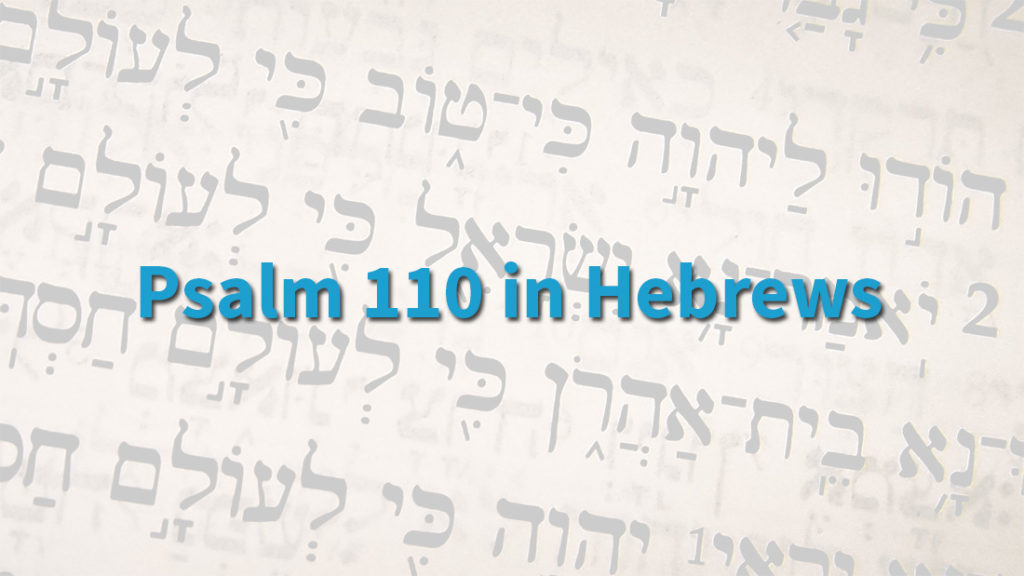In my early Christian life, whether it was in my own personal study or preaching, I was making costly oversights when reading Scripture. I used to speed-read an Old Testament quote in the New Testament as if it wasn’t meant to be there. Little did I know how this negligence was affecting my understanding of Holy Scriptures! Thankfully, this is not the case anymore. The light has dawned, and I have now come to realize the significance of the Old Testament quotes in the New Testament.
Christians over millennia have believed that Scripture is inspired equally in all parts. Yet, it’s a sad fact that some Christians believe that the Old Testament is no longer relevant for today’s believers. Many either knowingly or unknowingly have tagged themselves as New Testament-only Christians to whom the Old Testament means little. Such a disposition does disservice to the God of Scriptures. The apostle Paul, mindful of this matter, said that he was very careful not to shrink from declaring any part of the teaching of the Word of God (Acts 20:27). Therefore, it would be in our best interest to take a holistic approach to the Word of God; after all, our Bibles contain both the Old and the New Testaments.
Did you know that the New Testament contains an extraordinarily large number of Old Testament quotations? It has been calculated that one verse in every 22.5 verses of the New Testament is an Old Testament quotation. Therefore, approximately 263 Old Testament quotes in the New Testament could be cited, according to Roger Nicole. While many Old Testament books are cited, New Testament writers quote from the Psalms and Isaiah the most.
In this article, and what follows, I will endeavor to briefly examine how the Epistle to the Hebrews deals with the most Old Testament quoted verse, Psalm 110:1. Noted below are few introductory matters for your interest.
- The Epistle to the Hebrews is unusually longer than other epistles, but this should not frighten us from studying it. In fact, it is said to be a magnificent New Testament document that is both carefully constructed and beautifully written, and theologically profound and powerfully argued.
- Hebrews contains the only full discussion in the New Testament of Christ as the believer’s high priest. John Calvin regarded this book “unlike any other in Holy Scripture that spoke so clearly of the priesthood of Christ.” Oh, how grateful we ought to be to our God for including in such detail concerning our King-Priest Messiah’s person and ministry!
- Melchizedek is mentioned in only two brief passages in the Old Testament, but is made a key point in Hebrews, forming the basis for a discussion extending over three chapters.
- Finally, Psalms is the most quoted Old Testament book in the Epistle to the Hebrews. Therefore, it would be difficult to understand the book of Hebrews unless you have an understanding of the Old Testament.
The Epistle to the Hebrews reaches back to use the Old Testament in a manner similar to Matthew and Romans. Interestingly, the writer to the Hebrews refers to Psalm 110:1 and 110:4 again and again. Some find in this balance between Psalm 110:1 and Psalm 110:4 (six references to each) a perfect match between the royal and priestly aspects of Christ’s offices and functions. Reventlow notes, “those who received the letter [i.e., Epistle to the Hebrews] would have given indisputable authority to the Old Testament.” May we also! So next time you come across an Old Testament reference, pause and do the following:
- Acknowledge its presence in the text.
- Appreciate its authorial intent.
- Ask Questions. Take some time to inquire why the author quotes or alludes to it.
- A good reference resource available that you might want to consider is, “Commentary on the New Testament Use of the Old Testament. by G. K. Beale & D. A. Carson.”
*It is to be noted that the whole New Testament contains not even one explicit citation of any of the Old Testament Apocrypha, which are considered as canonical by the Roman Catholic Church. This omission can scarcely be viewed as accidental.
I hope the next time you come across an Old Testament quote in the New Testament, you will give your earnest attention to its use. After all, God’s Word is God’s treasure chest to us (Psalm 119:162). Psalm 119, the longest of the Psalms, reveals the beauty of the Psalmist’s devotion to the Lord by his delight in the Word. And the “Word” includes Old Testament references and allusions in the New Testament. Let us truly treasure all that has been given to us.
Next time I will make some comments on Psalm 110.


